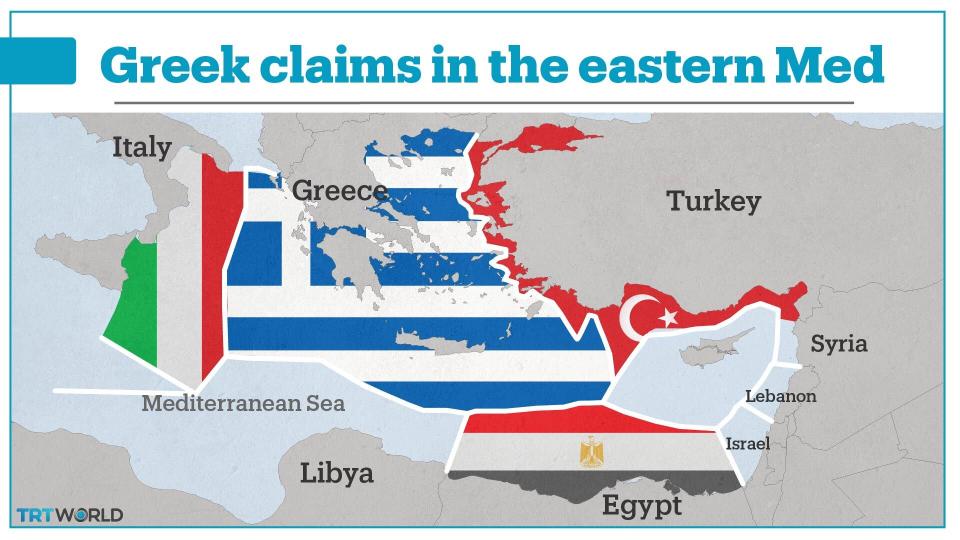They will likely get some concessions on terming PKK militias as terrorists and an end to arms embargo and that will likely be it. F-35s are contingent on the Turks getting rid of their S-400, now more than ever. Now way the US will back down on this and they know it well enough.
That's some sort of parallel reality from Turkish politicians again. There wasn't a country in Europe as enthusiastic as Greece about Turkey's potential ascension to the EU. Pretty much all territorial disputes would be resolved by Turkey becoming a co-signatory to the UNCLOS (* United Nations Convention on the Law of the Sea) which the EU is a signatory to as an institution. Greek government was also pro-Annan plan for the unification of Cyprus, in the 2004 referendum on the island. Greece did block N.Macedonian entry into NATO until the naming dispute was resolved, but it never blocked Turkey. In fact, the opposite...
https://en.wikipedia.org/wiki/Accession_of_Turkey_to_the_European_Union#Greece
The only real reason Turkey regrets letting Greece back into NATO is because they are protected by article 5. They still have an active
casus belli threat against Greece, a fellow NATO member, if they unilaterally increase their territorial waters to 12nm as mandated by UNCLOS. While simultaneously rejecting
an open offer since 1976 to settle the dispute at the ICJ . But sure, it's Greece that's been the problem.


